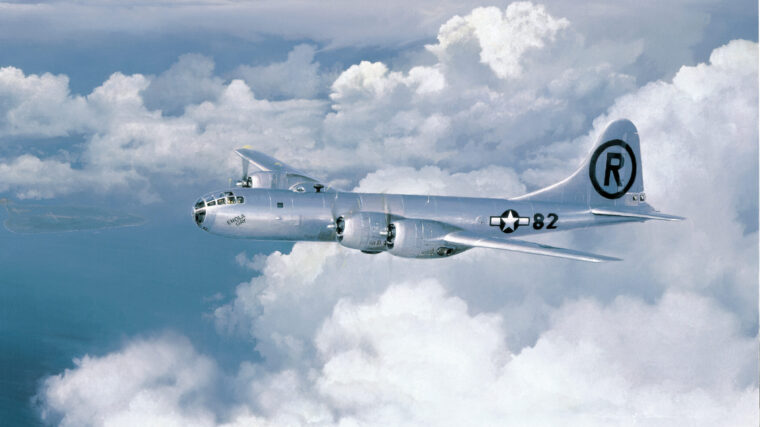
Manhattan Project
Paul Tibbets: The Man Who Piloted the Enola Gay
By Bill Van OrmanToday, in his nineties, Paul Tibbets is still a handsome man. He has a full head of silver hair. Read more

Manhattan Project
Today, in his nineties, Paul Tibbets is still a handsome man. He has a full head of silver hair. Read more
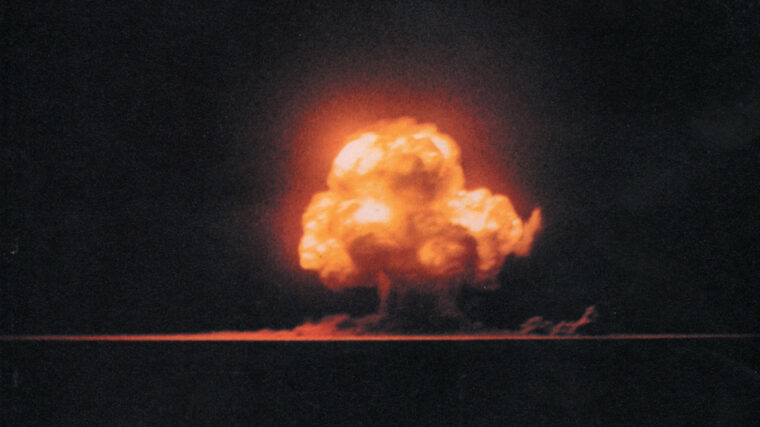
Manhattan Project
The most controversial decision of the 20th century—probably in all of history—was the one reportedly made by President Harry S. Read more
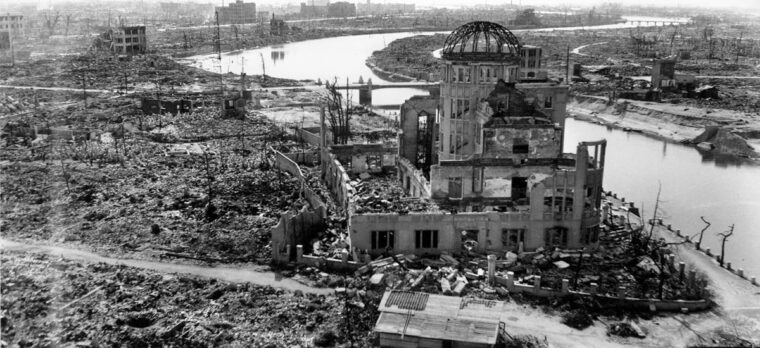
Manhattan Project
How did we get to dropping an atomic bomb on Hiroshima? Who was responsible? Where and when did it begin? Read more
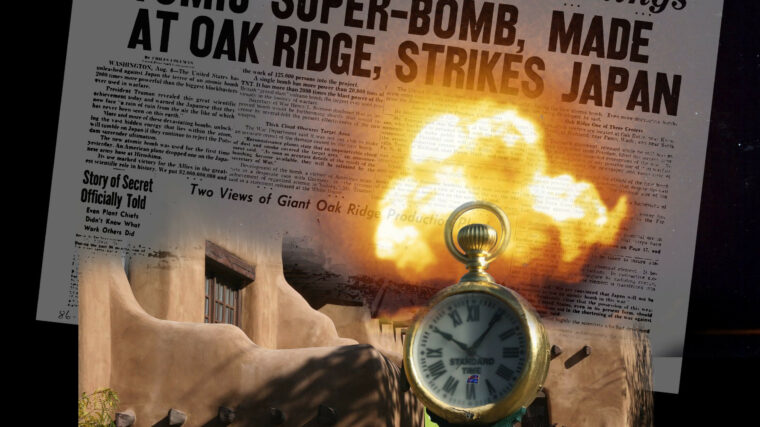
Manhattan Project
New Mexico and its capital of Santa Fe bring to mind some beautiful images. Stunning sunsets, unlimited vistas, a plethora of art galleries, the spectacular food enlivened with the local green chile, an ancient Native American culture that still thrives, and a Spanish heritage tradition going back to within 50 years of Columbus’s arrival all make for a unique cultural and physical environment. Read more
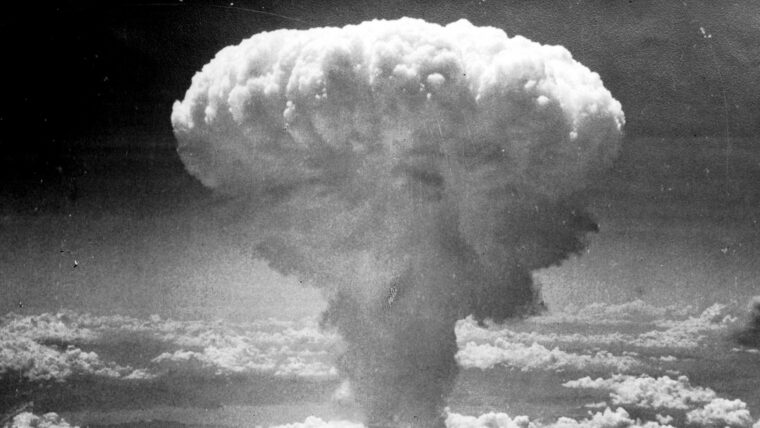
Manhattan Project
The men and women who imagined and then built the atomic bomb thought they were doing something different from what makers of “conventional” weapons did. Read more
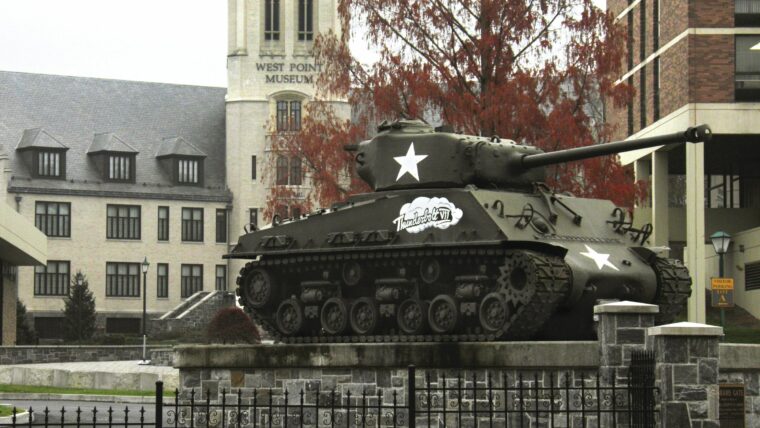
Manhattan Project
The West Point Museum, located in Olmsted Hall and adjacent to the Visitor Center at the United States Military Academy, about an hour’s drive north of New York City, contains what is considered to be the oldest and largest diversified public collection of military artifacts in the Western Hemisphere. Read more
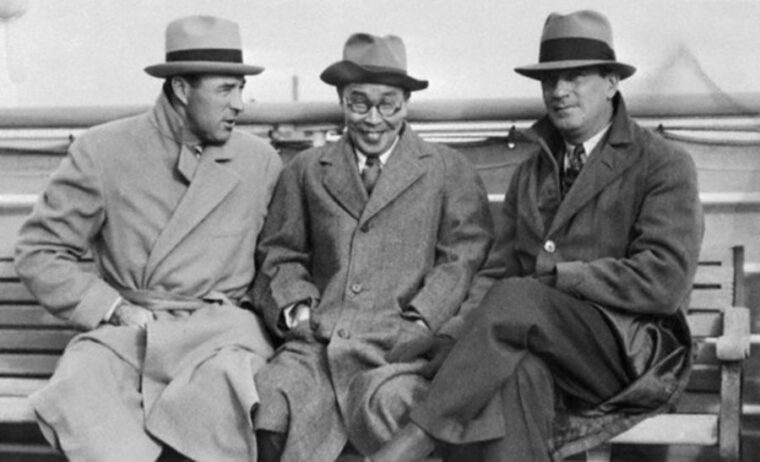
Manhattan Project
In 1920, a young, handsome Jewish boy from New Jersey took the train from Grand Central Station to Princeton, New Jersey, where he would enroll that fall. Read more
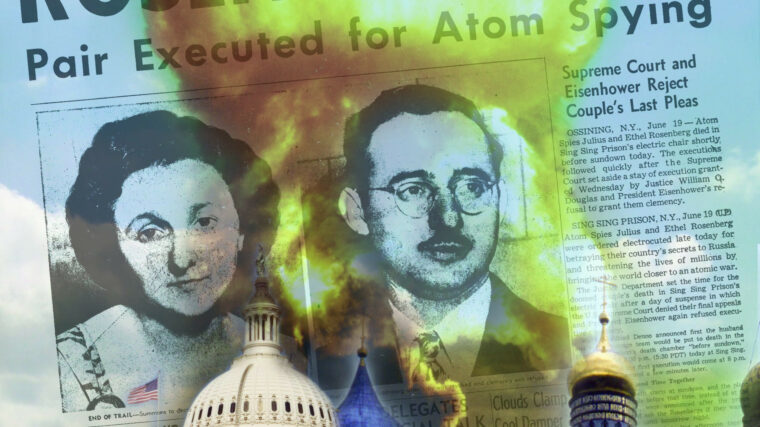
Manhattan Project
On February 1, 1943, a group called the U.S. Army Signal Intelligence Service, the forerunner of the modern-day National Security Agency (NSA), began a project to intercept and analyze diplomatic signal traffic sent by an ally of the United States: the Soviet Union. Read more
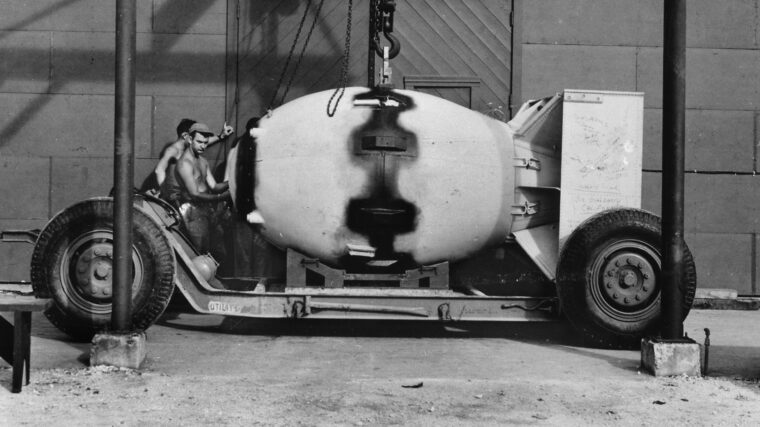
Manhattan Project
By the spring of 1945, the outcome of World War II was not in serious doubt. What was in serious doubt was the number of casualties that would eventually be required to bring the war to a successful conclusion. Read more
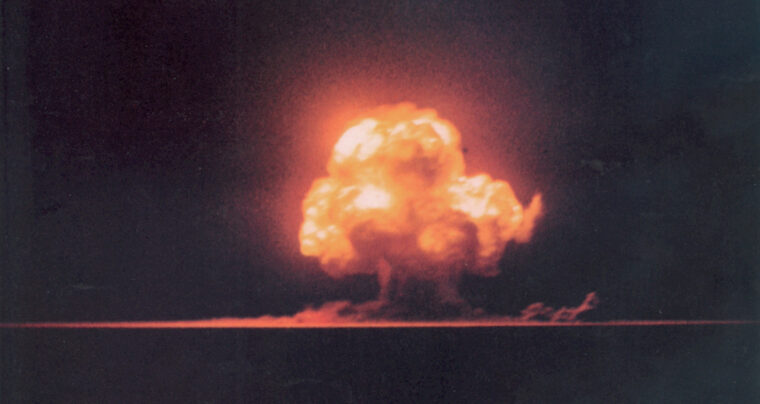
Manhattan Project
The most nightmarish of World War II alternative history scenarios is the one in which Nazi Germany acquires atomic weapons. Read more
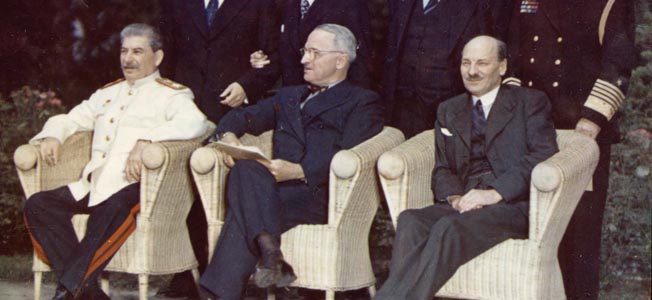
Manhattan Project
During the more than 60 years since the detonation of the first atomic bombs—and the only time nuclear weapons have ever been used operationally—a major debate has erupted over the Hiroshima and Nagasaki bombings. Read more
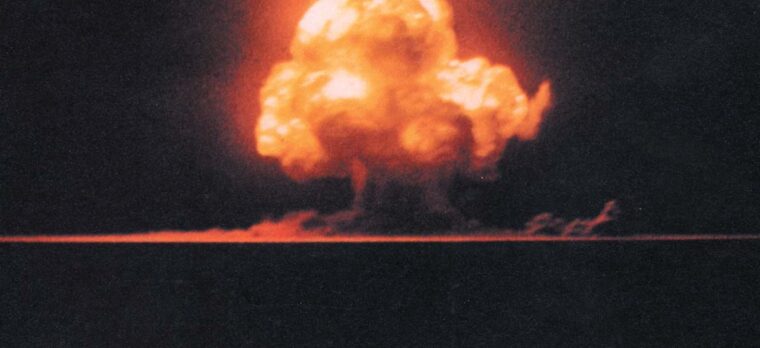
Manhattan Project
On August 7, 1945, the day after the atomic bombing of Hiroshima, President Harry S. Truman announced, “The force from which the sun draws its power has been loosed against those who brought war to the Far East. Read more